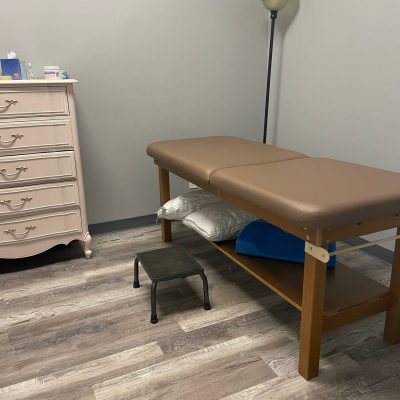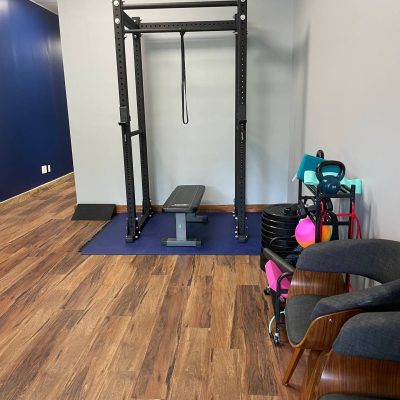Temporomandibular joint disorder (TMJ) and pelvic floor dysfunction are two medical conditions that may not seem to have any connection at first glance. However, recent research has revealed a possible link between the two, as patients with TMJ may also experience pelvic floor dysfunction.
Temporomandibular joint disorder (TMJ) is a condition that affects the joint connecting the jawbone to the skull. It can cause pain and discomfort in the jaw, face, and neck, as well as headaches and earaches. TMJ may also cause difficulty in opening or closing the mouth, and popping or clicking sounds when chewing or speaking.
Pelvic floor dysfunction, refers to a group of disorders that affect the muscles, ligaments, and nerves in the pelvic area. It can cause problems with bladder and bowel control, pelvic pain, painful intercourse, and difficulty with orgasm. Symptoms of pelvic floor dysfunction can be mild to severe and can impact a person’s quality of life.
Research suggests the potential connection between TMJ and pelvic floor dysfunction is due to the fact that both conditions involve the same muscle groups. The pelvic floor muscles are the muscles that support the organs in the pelvis, including the bladder and uterus, and help control bowel and bladder function. The muscles responsible for opening and closing the jaw are also involved in breathing, speaking, and swallowing. These muscles can become tight and overactive in patients with TMJ, leading to pain and discomfort. Similarly, in patients with pelvic floor dysfunction, the pelvic floor muscles can become tight and overactive, causing pain and dysfunction.
The connection between TMJ and pelvic floor dysfunction is believed that the two conditions may share similar underlying causes, such as stress, anxiety, and poor posture. Chronic stress can lead to muscle tension and trigger points in both the jaw and pelvic floor muscles, resulting in pain and dysfunction.
Treatment for TMJ and pelvic floor dysfunction may involve a combination of physical therapy and relaxation techniques. Pelvic Floor Physical therapy can help to release tight muscles and improve muscle strength and flexibility. Relaxation techniques such as deep breathing can help to reduce stress and tension in the body.
Patients who experience symptoms of TMJ or pelvic floor dysfunction should seek medical attention to receive an accurate diagnosis and appropriate treatment. Magic City Physical Therapy will be here for you!
Interested in Pelvic Floor Therapy? We see men, women, and kids of all ages in the Birmingham, AL, region. Our clinic is located in Hoover, AL, near the Galleria. Contact us to schedule!







